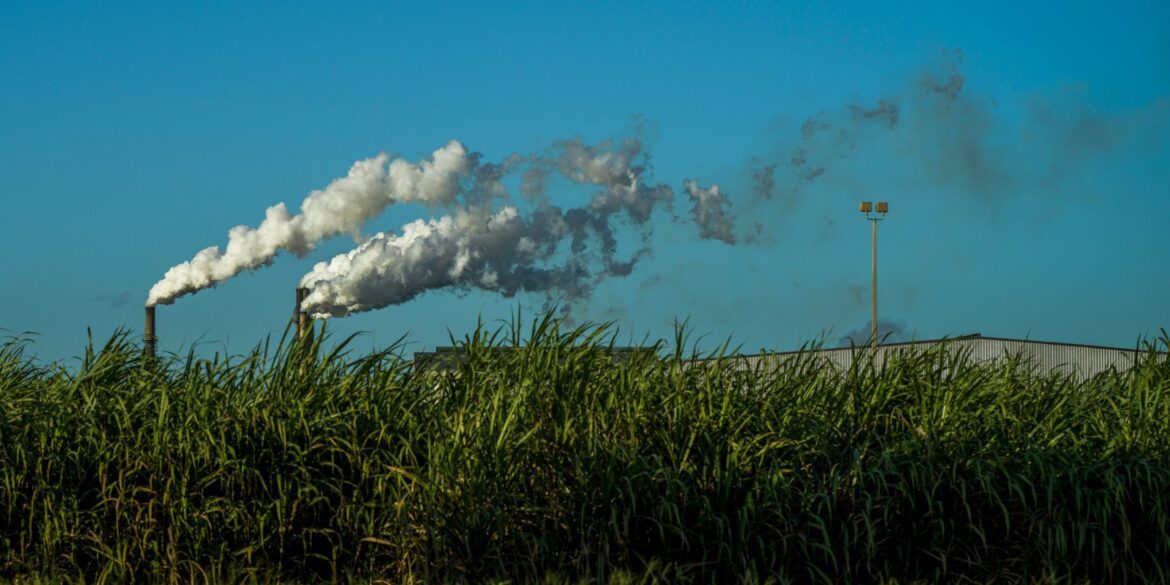A new report released on June 14, 2025, criticizes the Trump administration’s expansion of biofuels policy, arguing it exacerbates greenhouse gas emissions and undermines climate goals. The analysis indicates that increased corn and soy production for ethanol and biodiesel leads to deforestation and higher carbon outputs. Environmental groups and scientists warn that the policy shift prioritizes agricultural interests over sustainable energy solutions, calling for a reevaluation of biofuels’ role in the nation’s climate strategy.
The report, compiled by the World Resources Institute, draws upon over 100 academic studies to assess the environmental impact of the United States’ biofuels policy. It concludes that the expansion of biofuels, particularly corn-based ethanol, has failed to deliver the promised climate benefits. Instead, it has led to increased greenhouse gas emissions due to land-use changes, such as deforestation and the conversion of grasslands into agricultural fields. These changes release significant amounts of carbon dioxide, offsetting any emissions reductions achieved by replacing fossil fuels with biofuels.
Critics argue that the Renewable Fuel Standard (RFS), the federal policy mandating biofuel blending, has incentivized the overproduction of corn and soybeans. This overproduction has not only contributed to environmental degradation but has also had adverse effects on rural communities. The report highlights that the economic benefits of biofuel production are concentrated among large agribusinesses, while small farmers and local communities often bear the environmental and social costs.
Furthermore, the increased use of fertilizers and pesticides associated with intensive corn and soy cultivation has led to water pollution and loss of biodiversity. Nitrogen-based fertilizers, in particular, contribute to the emission of nitrous oxide, a potent greenhouse gas. The report warns that continued expansion of biofuel production could exacerbate these issues, undermining efforts to combat climate change.
In response to the report, environmental organizations have called for a reevaluation of the United States’ biofuels policy. They advocate for a shift towards more sustainable energy solutions, such as electrification and the development of advanced biofuels that do not rely on food crops. These alternatives are seen as more effective in reducing greenhouse gas emissions without the negative environmental and social impacts associated with current biofuel practices.
The Trump administration, however, has defended its biofuels policy, emphasizing its role in supporting domestic agriculture and reducing dependence on foreign oil. The Environmental Protection Agency (EPA) recently proposed increasing biofuel blending requirements through 2027, a move welcomed by the biofuels industry. Proponents argue that biofuels are a crucial component of the nation’s energy strategy and provide economic benefits to rural communities.
Despite these assertions, the report underscores the need for a comprehensive assessment of biofuels’ environmental impact. It calls for policymakers to consider the full lifecycle emissions of biofuels and to prioritize energy solutions that offer genuine climate benefits. As the United States seeks to meet its climate goals, the findings suggest that a reliance on traditional biofuels may hinder progress and that alternative strategies should be explored.
The debate over biofuels’ role in the nation’s energy policy continues, with stakeholders weighing the economic advantages against the environmental consequences. As the Trump administration pushes forward with its expansion plans, the report serves as a critical reminder of the complexities involved in balancing energy needs with climate responsibilities.

